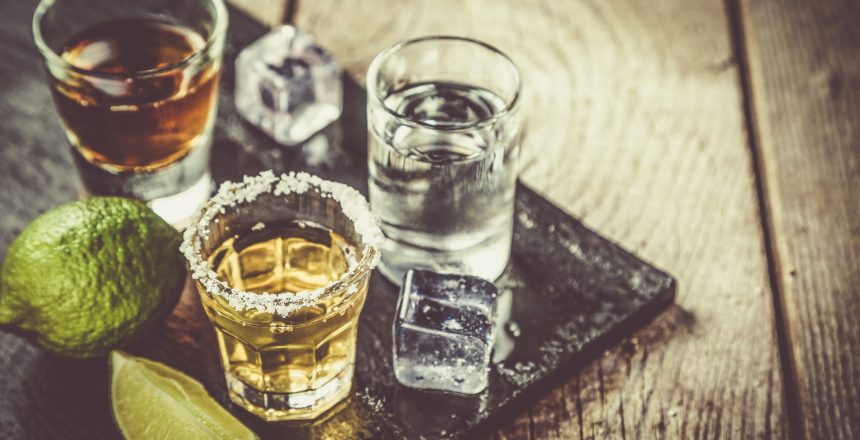If you or someone close to you looks for an excuse to party with other people or to go out to dinner so that you can drink, you probably have experience with social drinking. You might wonder, “is my social drinking problematic?”
Liberty House Recovery is a top-rated alcohol rehab center in Michigan. Contact us today today to learn more about how our Michigan detox center can help.
What is Social Drinking?
Social drinking refers to situations where individuals consume alcohol primarily in social settings. This can include:
- Parties
- Birthdays
- Anniversaries
- Happy hours
- Office events
- Dinners
- With friends
Some people define social drinking based on quantity, such as fewer than seven drinks per week.
Social drinking is the most common form of alcohol consumption. Signs of alcohol withdrawal, namely a hangover, are often dismissed as humorous or par for the course after social events such as holidays, celebrations, or outings.
So what is social drinking, and is it bad? Social drinking is not considered as severe an issue as binge drinking, alcohol dependence, or alcohol addiction, but that doesn’t mean it is without potential consequences.
Social drinking, just because it’s primarily for social events or celebrations, can still lead to problems in your relationships, in your finances, at work, or with friends. It can also result in an increased risk of binge drinking, mental health disorders, or additional substance abuse.
Is My Social Drinking Problematic?
Even though social drinking is not considered “problem social drinking” on its own, there are still situations where you might ask, “Is my social drinking problematic?”
Problematic Social Drinking: What are the Signs?
Signs that you are experiencing problematic social drinking might be very personal. For example:
Binge Drinking
For some people, problematic social drinking happens when they only drink in social settings, but they still imbibe too much, more than they expected, and enough that it could be considered binge drinking.
Uncontrollable Drinking
Similarly, you might have a problem with social drinking if, in social situations, you find that you cannot control how much you consume once you start.
Searching for Excuses
Other people might relegate alcohol consumption to social situations alone but then look for excuses to socialize so that they have an excuse to drink. This could be an individual who doesn’t want to drink alone, so they reach out to all of their friends after a long day at work until they find someone who is willing to come over and drink with them, something they repeat most days of the week.
Problems
Is my social drinking problematic? If you are having secondary and tertiary problems because of your social drinking, then it can be considered a problem. This can include:
- Problems with your personal relationships, such as your relationship with your spouse, children, parents, or friends
- Financial problems because of continued social drinking
- Workplace problems because social drinking has resulted in things like tardiness or decreased productivity
- Legal problems because social drinking has led to complications such as DUIs
Recognizing the signs that social drinking is becoming a problem social drinking can help you figure out when it’s time to make changes in your life, cut back on your alcohol consumption, or get professional help.
Help for Problem Social Drinking
If you believe that you struggle with problematic social drinking, the best thing you can do is get help immediately rather than waiting for problem drinking to become a more serious concern. Liberty House offers treatment for alcohol and other substance abuse disorders providing comprehensive inpatient programs.
When you reach out to our team, we will conduct an initial assessment to determine what level of care might be best for your circumstances and provide a recommendation for evidence-based therapies.
Most of our programs begin with detox, and if you are struggling with alcoholism, that detox plan can include medication-assisted treatment using FDA-approved medications. These medications reduce the severity of your withdrawal symptoms and help you combat ongoing cravings.
Why Choose Liberty House
Liberty House gives you access to multiple services provided by doctors, nurses, therapists, psychiatrists, counselors, and other trained professionals.
Your plan will be personalized to your needs and include a combination of individual and group therapy sessions that can provide insight into the causes of addiction or mental health disorders and coping strategies for triggers.
Your program might include the following:
- Medication management
- Detox
- Psychotherapy
- CBT
- Family therapy
- Relapse prevention
- Mindfulness
- Meditation
- Yoga
Reach out to our team today to learn more.


